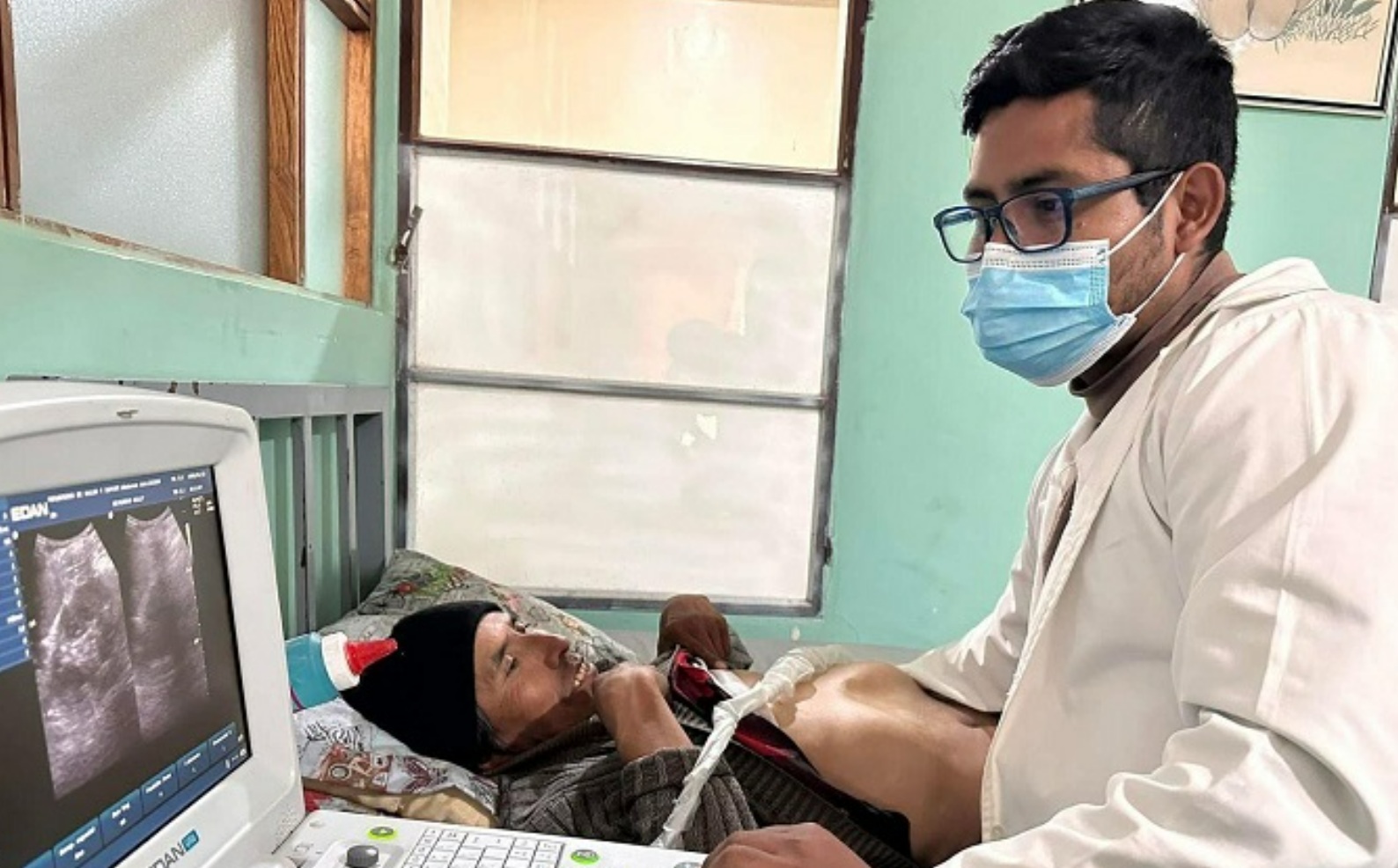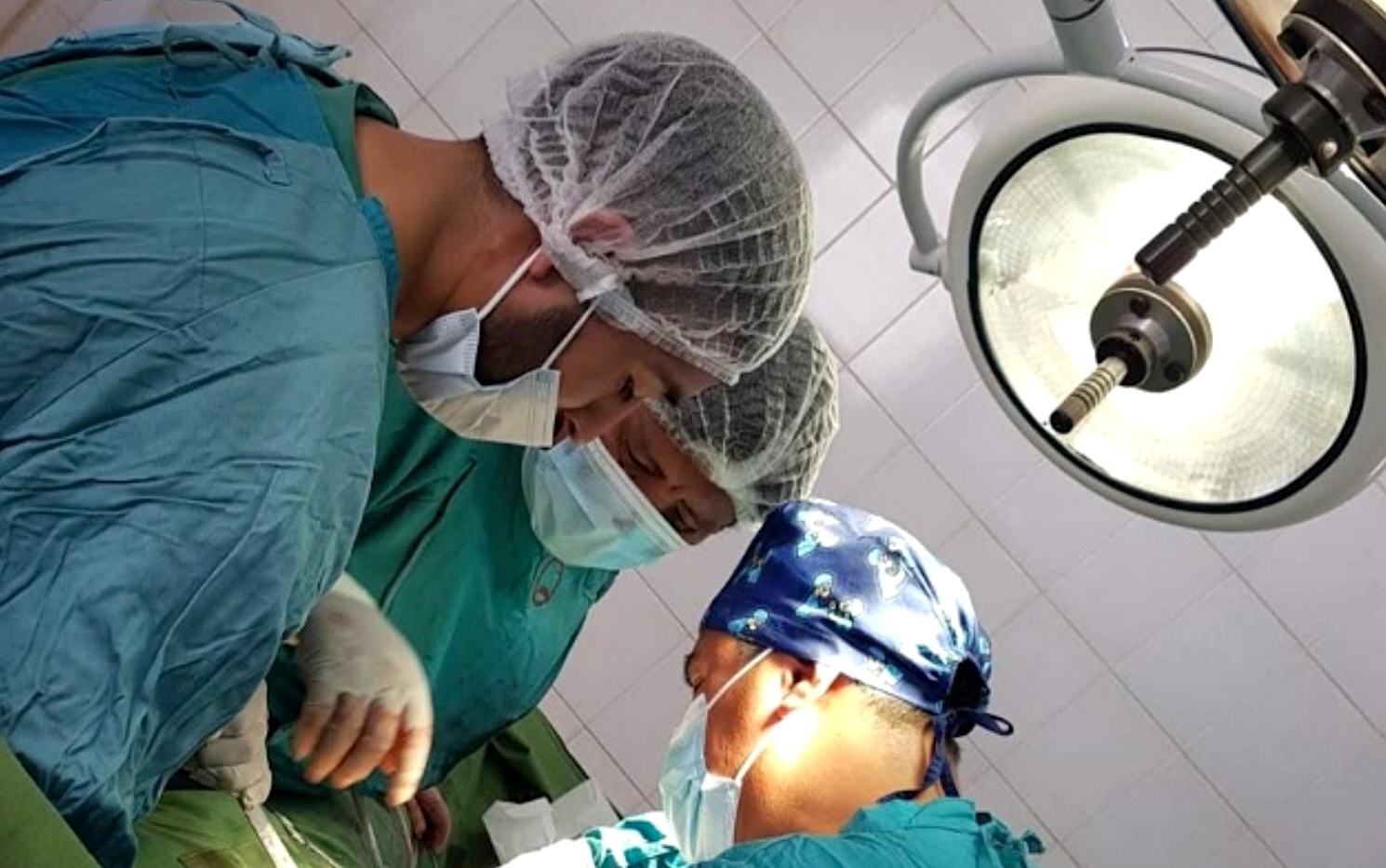The constitution of Bolivia establishes the state’s obligation to guarantee and uphold the right to health state assumes primary financial responsibility1 for the country’s health system. The Unified Health System (SUS) is composed of the public health system, social security, services that churches administer, private for-profit and nonprofit institutions and providers of traditional medicine.
Spending data for 2017 are several: Public spending on health equalled US$ 1.685 million or 11.2% of total public spending and 69.2% of total health spending. The general government financed 51.7% of current spending on health, mainly through the General Treasury of the Nation (43.1%) and with specific resources (8.5%). Private employers financed 17.3% of current health expenditures. Current public expenditure on health as a percentage of GDP was equal to 4.5%.2
Gradual expansion of public insurance
The Seguro Nacional de Maternidad y Niñez was created in 1996 to provide basic benefits for pregnant women and children under 5 years of age. These benefits were later expanded by the Basic Health Insurance (1999) law and the Universal Maternal and Child Insurance (2002) law. The 2013 law called Ley 475 proposed comprehensive care and financial health protection for people who did not have insurance, including pregnant women (from the beginning of pregnancy until 6 months after childbirth), children under 5 years of age, people over 60 years of age, women of childbearing age with respect to sexual and reproductive health care, and persons with disabilities.3
To advance progress towards a single universal and free health system, in 2019 the law called Ley 1152 expanded the beneficiary population for free health care to people not covered by social security. As a result of all these public insurance programs, household out-of-pocket spending fell from 33.5% of current health spending in 2000 to 21.3% in 2020.
- Artículo No.37. Constitución Política del Estado Plurinacional de Bolivia.2009 [↩]
- World Health Organisation, Global Health Expenditure Database, Health Expenditure Profile (choose country) [↩]
- World Health Organisation, Global Health Expenditure Database Health Expenditure Profile (choose country) [↩]



